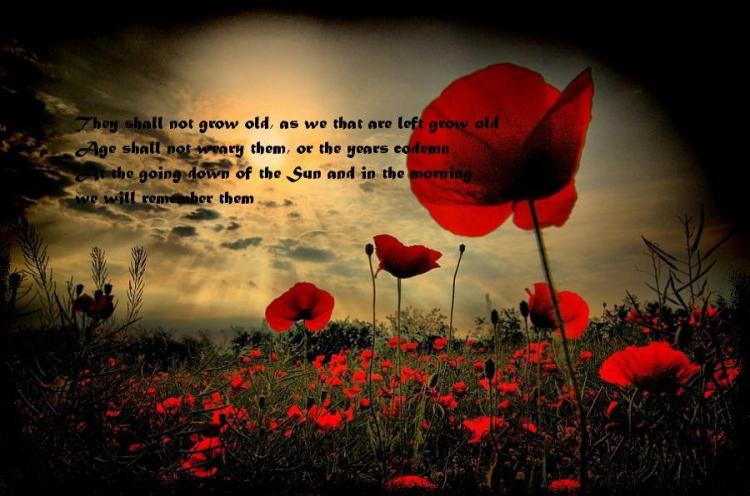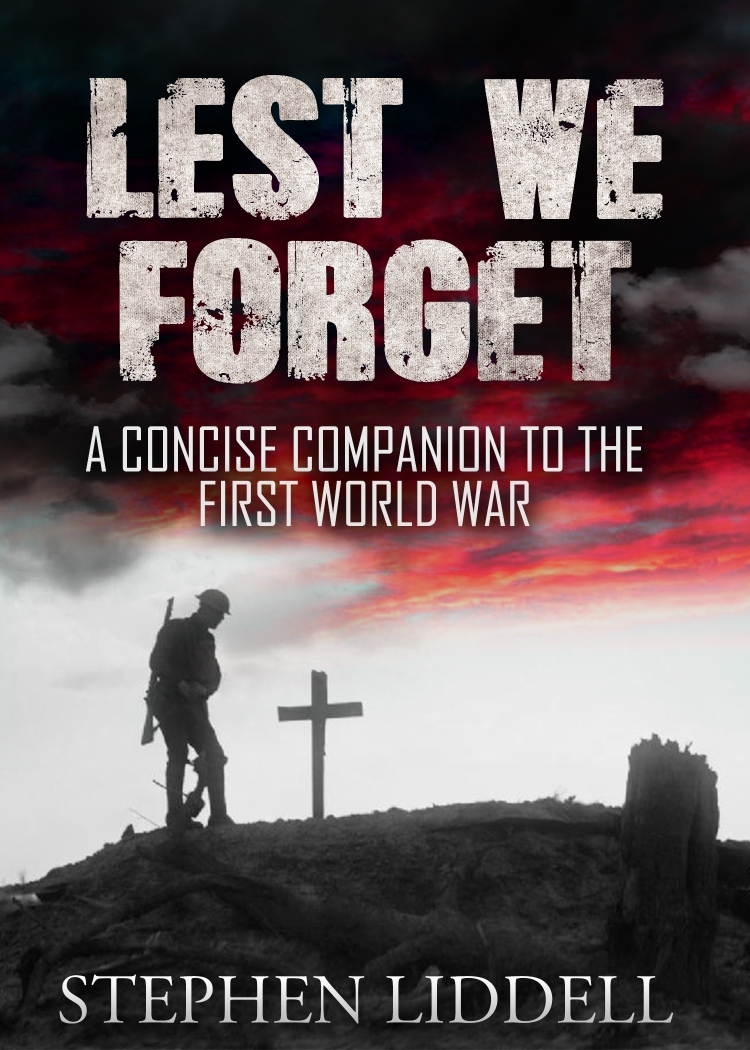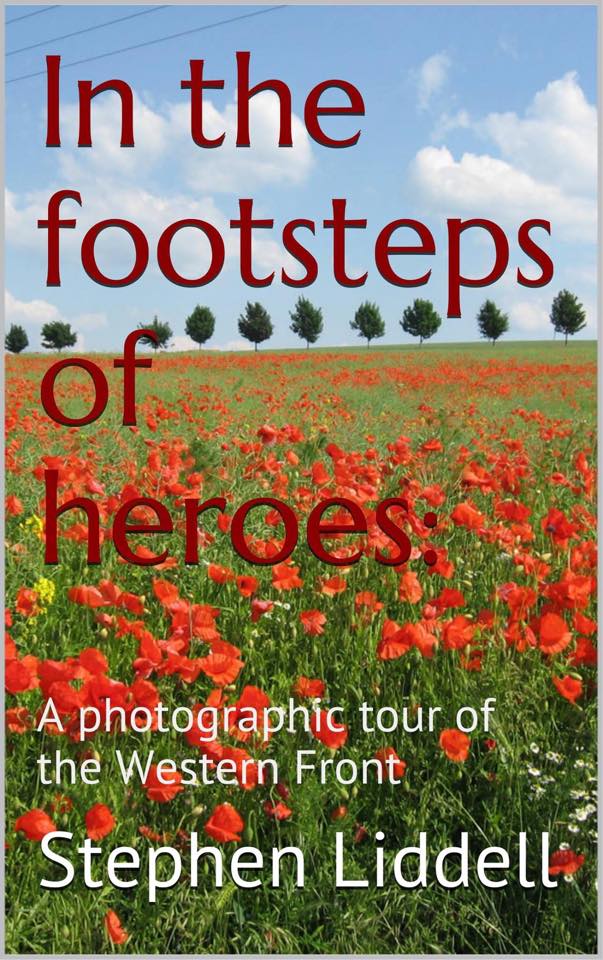It is one of the most evocative and moving pieces of music and as with every year, The Last Post will be played all over the world on Remembrance Day but its origins had nothing to do with mourning.
The Last Post was first published in the 1790s, just one of the two dozen or so bugle calls sounded daily in British Army camps.
“At that time soldiers didn’t have wristwatches, so they had to be regulated in camp,” says Colin Dean, archivist at the Museum of Army Music in Kneller Hall. “They had to have a trumpet call or a bugle call to tell them when to get up, when to have their meals, when to fetch the post, when to get on parade, when to go to bed and all other things throughout the day.”
The soldier’s day started with the call of Reveille, and came to a close with the First Post. This indicated that the duty officer was commencing his inspection of the sentry-posts on the perimeter of the camp. The inspection would take about 30 minutes, and at the end there would be sounded the Last Post, the name referring simply to the fact that the final sentry-post had been inspected. For decades this was the sole use of the call, a signal that the camp was now secure for the night, closed till morning.

It was not until the 1850s that another role began to emerge. It was an era when many military bandsmen, and most bandmasters, were civilians and were under no obligation to accompany their regiments on overseas postings. So when a soldier died in a foreign land, there was often no music available to accompany him on his final journey. And, necessity being the mother of invention, a new custom arose of charging the regimental bugler to sound the Last Post over the grave.
The symbolism was simple and highly effective. The Last Post now signalled the end not merely of the day but of this earthly life. And, as the practice developed – back home now as well as abroad – it was then followed by few moments of silent prayer and by the sounding of Reveille, the first call of the day, to signify the man’s rebirth into eternal life.
A further dimension was added in the first years of the 20th Century. The end of the Boer War saw the rise of war memorials across the country, some 600 of them. This was a break with the past. The traditional British way of commemorating a victory was to erect a statue to the general or the commander. Aside from the families of those who didn’t come back, no-one particularly cared about the ordinary men. These new monuments from conflicts such as the Anglo-Zulu war listed the names of the dead, both officers and other ranks, the men the Duke of Wellington was said to have called “the scum of the earth”.
There was a new mood of democracy abroad and the war memorials reflected this. And every time a memorial was unveiled, it was to the sound of the Last Post being played, now the symbol not only of death but of remembrance.
By the time that World War One broke out in 1914, the Last Post was already part of the national culture. During the war, it was played countless times at funerals in northern Europe and other theatres, and it was played at funerals, memorials and services back home. It was already becoming a familiar sound, but with mass enlistment and then conscription, the walls that had long existed between the civilian and the soldier broke down completely, and a piece of music that had once belonged exclusively to military culture was adopted by a wider society.
HG Wells said this was “a people’s war”, and the Last Post became the people’s anthem and it remains so to this day. In the decades that followed WW1, it became almost a sacred anthem in an increasingly secular society. Once the music of empire, it has been played at independence ceremonies for former colonies and at the funerals of those who fought colonialism, from Mohandas Gandhi to Nelson Mandela. It has sounded for both friends and foes, a symbol of the democracy of death. During the Troubles in Northern Ireland, it was played not only for British soldiers, but also for paramilitaries.
Over the years, the piece has changed – not in the music but in the performance. Notes are held for longer, the pauses extended, the expression more mournful, so that it now lasts around 75 seconds, rather than the 45 seconds it used to take to mark the end of the day. And it has been infused by a mass of memories and memorials, so that what was once jaunty is now simply sorrowful.
Arthur Lane was a bugler in the British Army when he was captured by Japanese forces during the fall of Singapore in 1942. He spent the remainder of World War Two in PoW camps and working on the notorious Burma Railway.
But he also had a more melancholy duty. He still had his bugle with him and it was his task to sound the Last Post for each of his comrades who died during those years.
“I’d have to go and set the fires at the crematorium. The lads would build them during the day, put the bodies on, and then somebody had to be delegated to set fire to the funeral pyres, and see that they were properly burnt, so I had to do that.”
He became known as “the musician to the dead”. He kept with him, for the duration of his captivity, a roll of army-issue toilet-paper, on which he dutifully recorded the names and details of each of the men whose funeral he attended.
And at the end of the war, he counted up the names. He had sounded the Last Post for over 3,000 of his fallen comrades. For the rest of his long life, he was haunted by nightmares. And he never played the Last Post again.
As long time readers may be aware but newcomers may not be, there are about 20 posts on my blog relating to WW1 so if you’re interested do search for them here.
https://stephenliddell.co.uk/category/history/ww1/
You might also be interested in one of my WW1 books below.

You can order Lest We Forget: A Concise Companion to the First World War from Amazon.com in Kindle for $4.58and paperback for $9.99 and Amazon.co.uk in Kindle for £2.99 and paperback for £6.99 and other Amazons around the world. I am also happy to write a dedication to anyone who wants one, just let me know though I’d have to charge the shipping fee for that. Please, do leave a review if you buy a copy. They are like gold dust to independent authors.

In The Footsteps of Heroes can be purchased from Amazon.com and Amazon.co.uk in Kindle and Paperback.
My books are also available direct from their respective publishers and also through Barnes and Noble, Kobo, Smashwords and Createspace. You can also purchase this book through Apple iBooks store by clicking on the logo below.

World war I did not start with the expectation of huge loss of life. In fact it was expected to be over shorly. But the gruelling and cruel war claimed so many young men’s lives that only a repetition 20 years later could exceeed it.
LikeLiked by 1 person
Yes, we can only hope that if the leaders who sent the world into war had known the final numbers, they would not have gone into this madness.
LikeLiked by 1 person
Beautiful, especially the video, so very moving. Thank you.
LikeLiked by 1 person
The Last Post is also the fourth and final novel of a four-part set called The Parade’s end written by Ford Madox Ford. It is set in the immediate aftermath of the First World War. The first three are set before of during the war. Perhaps the musical piece had some influence on the naming of his novel.
LikeLiked by 1 person